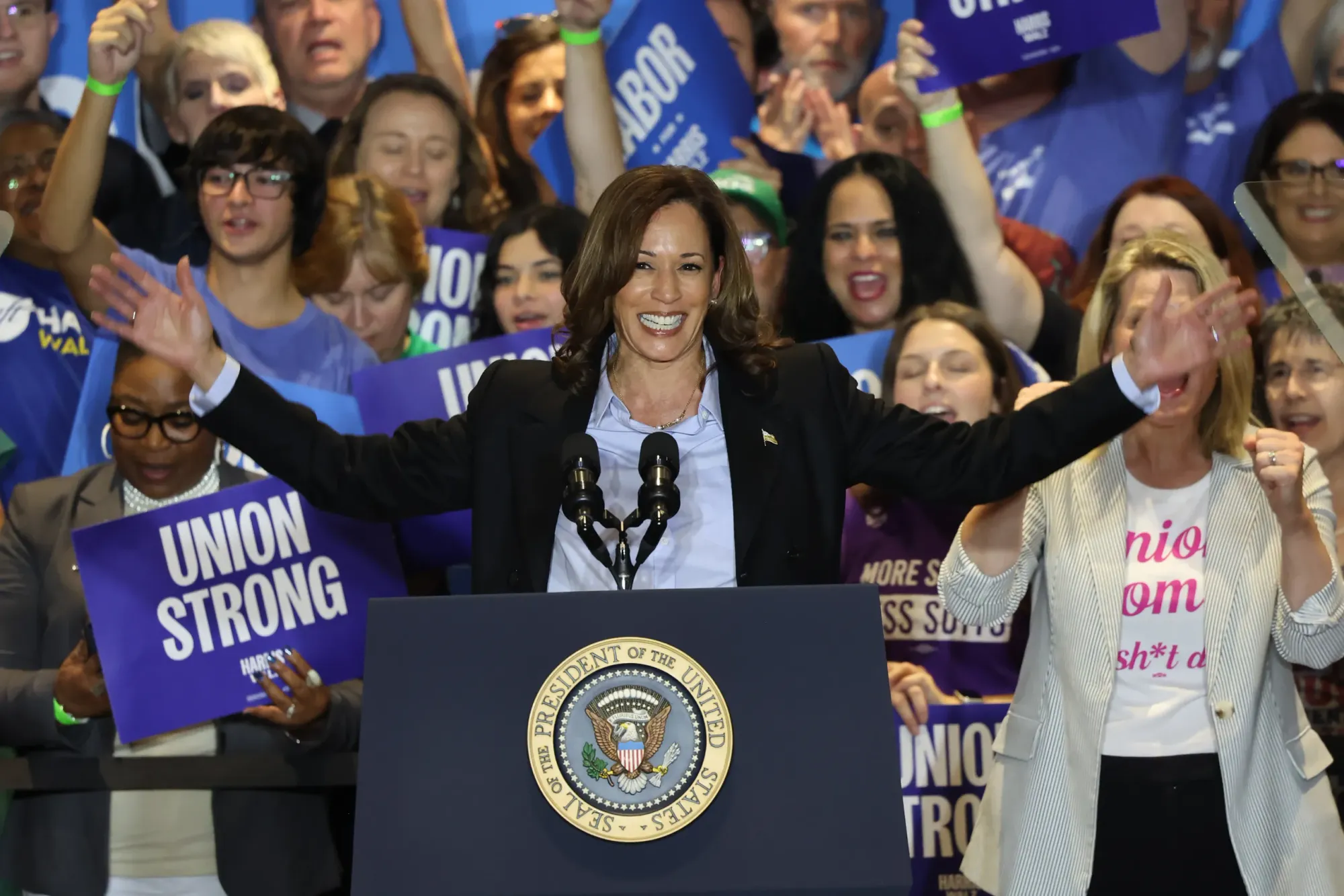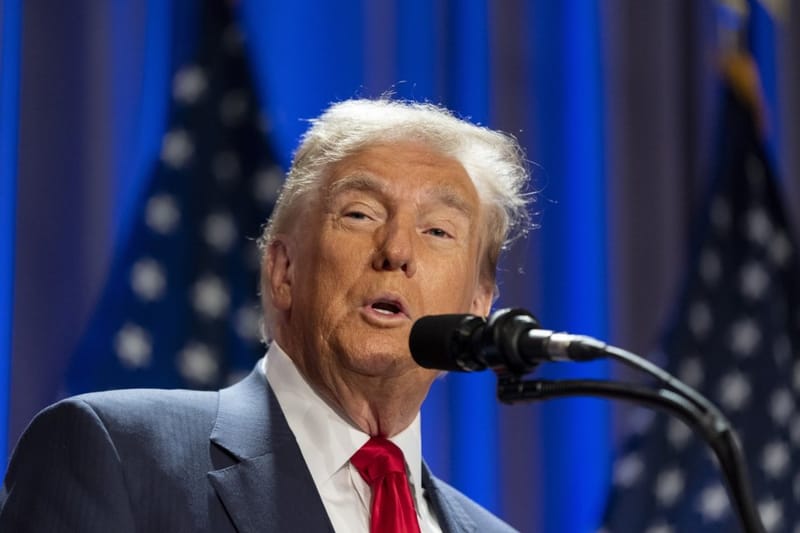Donald Trump's debate plan is simple, but its execution is uncertain
"You can go in with all the strategy you want, but you have to sort of feel it out as the debate's taking place," Trump said last week during a Fox News town hall in Harrisburg, Pennsylvania.

Former President Donald Trump has outlined a straightforward strategy for his upcoming debate with Vice President Kamala Harris: attack relentlessly. However, he acknowledges uncertainty about how the debate will unfold during its live broadcast on Tuesday.
Comparing debates to unpredictable events, Trump referenced a famous quote from 1980s boxing champion Mike Tyson: “Everyone has a plan until they get punched in the mouth.” Speaking at a Fox News town hall in Harrisburg, Pennsylvania, Trump explained, “You can go in with all the strategy you want, but you have to sort of feel it out as the debate's taking place.”
Despite this, Trump and his team have indicated he plans to focus on issues such as the economy, inflation, and immigration, though personal attacks are also expected, despite warnings from allies to focus on policy.
In preparation for the debate, Trump has questioned the fairness of the debate sponsor, ABC News, to lower expectations and potentially intimidate moderators. “It'll be an interesting evening,” Trump told Fox News.
Preparation
As in past presidential debates with Democratic rivals Hillary Clinton and Joe Biden, Trump has prepared in his usual unconventional style: informal discussions with aides, interviews, and public speeches. This time, he has also sought advice from former U.S. Representative Tulsi Gabbard, who clashed with Harris during a primary debate in 2019.
Trump hopes to replicate his success from the June 27 debate against Biden, where the president’s weak performance led to his exit from the race. After Biden’s withdrawal on July 21, the 81-year-old endorsed Harris for the presidency.
Since then, Trump has alternated between policy critiques and personal attacks on Harris, even though his advisors have encouraged him to stay focused on the issues. North Dakota Governor Doug Burgum, once a contender for Trump's running mate, noted on NBC's "Meet The Press," "When he stays on the issues, policies ... those are the winning issues."

Trump’s team has emphasized the importance of linking Harris and Biden’s records on both domestic and foreign policy. “She owns every failure of the Harris-Biden administration,” said senior adviser Jason Miller.
Negative Approach
Since Harris entered the race, Trump has mocked her name, race, and even her laugh, and has falsely labeled her a “communist” and “Marxist.” Political analysts say these personal attacks energize Trump’s conservative base but alienate moderate and independent voters, who are turned off by the divisiveness.
Pollster Frank Luntz warned that Trump risks pushing voters away by focusing on negative rhetoric. Last weekend, Trump held a “news conference” where he took no questions but complained about women who have accused him of misconduct and posted angry messages on Truth Social about prosecuting opponents.
“Conditions are favorable for him to win the election,” Luntz said, but “just like in 2020, his persona may sink him.”
'Lowering Expectations, Challenging the Moderators'
Like any experienced debater, Trump also has to be ready to defend himself. After the June 27 debate, Democratic commentators argued that Biden's poor performance distracted from Trump's numerous falsehoods. Harris and her team have indicated they plan to focus on that during Tuesday’s debate.
In an interview with radio host Rickey Smiley on Monday, Harris remarked, “We should be prepared for the fact that he is not burdened by telling the truth,” calling Trump’s approach an “old and tired playbook.”
Though confident, Trump is also managing expectations for a potential poor performance. He has criticized ABC News for being biased against him, which some interpret as an attempt to pressure the moderators.
Discussing his debate approach at the Fox News town hall, Trump said, “It depends a lot on ABC. Will they be fair or not? If they’re not going to be fair, I’m going to be a little bit different than if they are.”
Trump made similar complaints about CNN before his debate with Biden. Aaron Kall, debate coach at the University of Michigan, noted that this tactic is part of a common debate strategy. “Lowering expectations,” he said, “and working the refs.”





